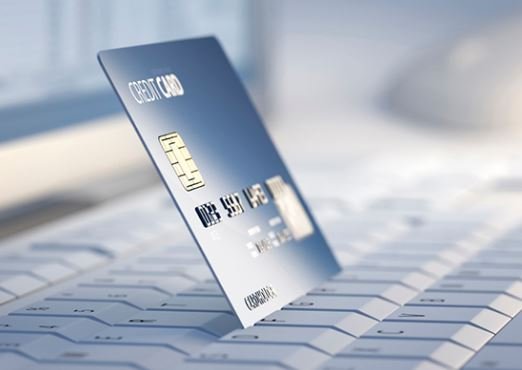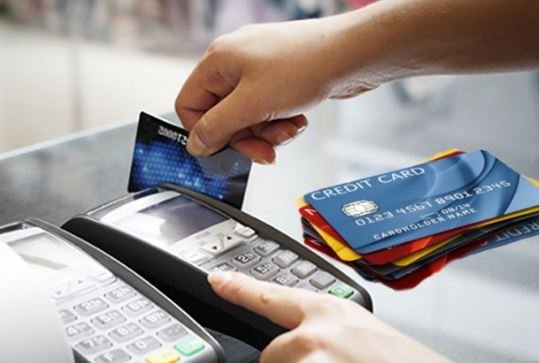Getting your merchant account set up is one of the most important parts of starting your business. Your merchant account is responsible for processing transactions for you.
How to Get Approved for a Merchant Account

Merchant account providers stand to make money from well-run businesses, but they don’t just hand out accounts to anyone who asks, because there can be so many issues, especially in high-risk businesses. They don’t want to have to worry about refunds and complaints, after all.
The payments business is one that is very competitive. Payment processors want to know that your business is well run, and that they are not putting themselves at risk of highly expensive and time-consuming fraud reports and refund requests.
What Do Merchant Account Do?
Merchant accounts are a special type of bank account that holds funds that were taken from credit or debit card sales. When a consumer spends money using a card, it is deposited into a merchant account, and from there transferred to the business’ standard bank account on a regular basis.
Merchant account companies will receive funds, and if there are any issues where a consumer then wants a refund under their credit card guarantee they will provide that, even if the money has already been paid out to the business. In some respects, this means that they are offering a line of credit.
Card transactions are processed by a payment gateway. This is the organization that receives the transaction request from the online store or the payment processing software, and then sends a message to Visa, MasterCard, or the other company dealing with the transaction, and confirms whether the customer has the money in their account to process the transaction. If they do, then the transaction goes ahead. If they don’t then the transaction is declined.
In many cases, the payment gateway and the merchant account are one process that is set up with the same company. This leads to confusion with people using the terms payment processor and merchant account interchangeably.
From a technical standpoint, this is incorrect. However, when you are talking in general, practical terms it is acceptable, since the layperson definition is so common these days.
Why Are Merchant Accounts Hard to Get?
Merchant accounts are hard to get because of the risk that the merchant account is assuming when it processes a transaction for your business. Visa and MasterCard both say that when a consumer pays for a good or service, the cardholder is entitled to receive that good or service, and if it is not delivered the they are entitled to a refund.
The card companies tend to side with the consumer and will process refunds quite quickly. The merchant account provider wants to know that you, as a business, have taken reasonable precautions to ensure that you are not going to be flooded with fraud reports and refund requests.
Reducing the Risk of Being Declined
One way to reduce the risk of facing issues with declined transactions is to ensure that you have good records. Collect your financial statements and include them in the application. Some companies dislike the idea of doing this; especially if they are privately owned and are worried about retaining their privacy.
This is one case where it is well worth providing the information. Underwriters want to see that the company is financially stable. Of course, not everyone has the ability to provide this information even if they want to. Startups don’t have a long financial history, and that can make it hard to get approved.
Underwriters know that if a lot of chargebacks are sent in, the merchant could struggle to return the funds to the cardholders. As a startup, it helps if you can present a strong balance sheet even if there isn’t a long history behind it, because that balance sheet will serve as something of a guarantee that you can handle chargebacks should they come in.
Have a Processing History
There are some companies that work with high risk businesses and that are willing to accept less well-known companies. If you have no history, and limited funds, then applying to one of those in the short term could benefit you.
When you have a bit more of a history built up, you can take your records from that company and use them to help you get an account elsewhere. Aim to have three to six months’ worth of data that you can work with, and for that data to include as few refunds and fraud issues as possible.
Depending on the industry you are in, you may need to take precautions such as confirming the identity of your customers, or limiting the order value for first time orders, to reduce the risk of a customer complaining about a transaction.

Write a Cover Letter
Writing a cover letter could help to swing your case in an instance where the merchant account provider is nervous about your business for some reason but is willing to entertain the risk. This won’t work for all providers. Some are more inclined to adopt the ‘computer says no’ stance than others, but it is worth a try.
It is a good idea to talk to your sales representative before you write a cover letter and find out what concerns the merchant account provider might have about your application. Use the cover letter to answer those questions as well as you can.
You want to consider the risks that are associated with your industry. Be willing to address concerns by perhaps keeping a high security reserve or showing that you are going to be proactive about fraud prevention. Highlight the good things about your company.
If you have been running online stores in other industries and have lots of experience with risk, that’s a plus. If you have proactive monitoring policies, or an innovative product, that’s a plus too. If your trading volumes are high, then the company may be more willing to work with you, too.
If you have long fulfillment durations (several weeks or even months), then you need to address the risk associated with that too.
There is no magic bullet, but a well thought out application is more likely to be accepted when looking for best merchant services for small business.

